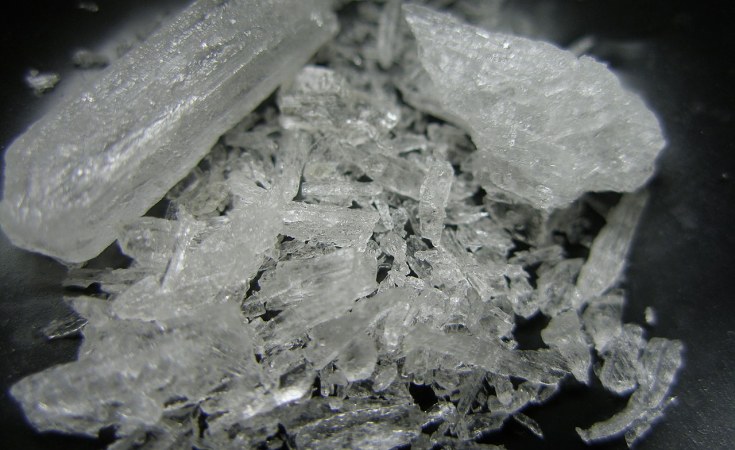THE Drug Control and Enforcement Authority (DCEA) has seized 3,182 kilogrammes of heroin and methamphetamine, marking the largest drug bust in Tanzania's history.
Speaking to journalists in Dar es Salaam, on Wednesday, DCEA Commissioner General, Aretas Lyimo revealed that the drugs crackdown operation took place from December 5 to 23 of this year.
Lyimo disclosed that the seized drugs consisted of 2,180.29 kilogrammes of methamphetamine and 1001.71 kilograms of heroin.
"This is the largest drug haul in Tanzania's history since the beginning of drug control activities. All the suspects arrested are part of major drug trafficking networks that are monitored both domesti- cally and globally," he declared.
Methamphetamine is a powerful stimulant that is primarily used as a recreational drug.
This new illicit drug comes in the form of pills, powder, or small particles resembling salt, and is produced in informal labs by mixing various chemicals.It has serious and permanent effects on consumers' health, particularly on the brain, causing a loss of memory storage ability. During an intensive operation in the regions of Dar es Salaam and Iringa, the anti-drug body managed to arrest seven drug kingpins, two of whom were of Asian origin.
"These individuals are part of large drug-selling networks," said DCEA Commissioner General Aretas Lyimo.
He added that the heroin was discovered in the Kigamboni, Ubungo, and Kinondoni districts of Dar es Salaam, as well as in the Iringa District of the Iringa Region.
Lyimo explained that the impounded drugs were packaged with labels indicating they contained coffee and tea leaves.
"This technique is used to simplify transportation and avoid detection," he said.
According to him, if all the seized illicit drugs had made their way onto the streets, they could have affected over 76 million people per day, both within and outside the country.
"Therefore, these successful anti-drug operations have protected the coun- try's workforce from the effects of drugs," he stated.
"Methamphetamine is harmful to users' health. Its impact cannot be easily cured, and it has long-term effects on the brain, including a decline in memory capacity, addiction, and damage to the central nervous system," he added.
To combat illicit drug use and trafficking in the country, the DCEA has urged citizens to continue cooperating with the au- thority by reporting individuals involved in drug supply chains.
Additionally, the enforcement authority has warned those involved in illegal drug consumption to cease their activities and engage in legal economic endeavors instead.
"The authority is committed to reducing illicit drug consumption through operations in all regions of the country," the statement read.
The DCEA boss also expressed appreciation for the support of the government in all anti-drug operations, which have yielded significant results.
"Let us work together to combat illicit drugs and protect our future generations and our country as a whole," he emphasised.
Tanzania has continued to implement drug control policies and strategies through an integrated and balanced approach in response to the evolving global drug problem and its connection to organised crime.
Due to the sensitivity of the issue, the country has adopted practical measures proposed by the United Nations Office on Drugs and Crime (UNODC) to combat illicit drug trade, including the implementation of three UN Conventions, the 2009 Political Declaration and Plan of Action and the UNGASS 2016 Outcome Document on an Integrated and Balanced Strategy to Counter the World Drug Problem.
The country believes that these documents serve as the foundation for guid- ing efforts in addressing the global drug problem.
Tanzania's strategic plan for addressing drug is- sues is based on the Law of Drug Control and Enforcement Act of 2017, which led to the establishment of the DCEA.
This government entity is responsible for reducing drug supply, reducing drug demand, implementing harm reduction measures and enhancing international cooperation.


